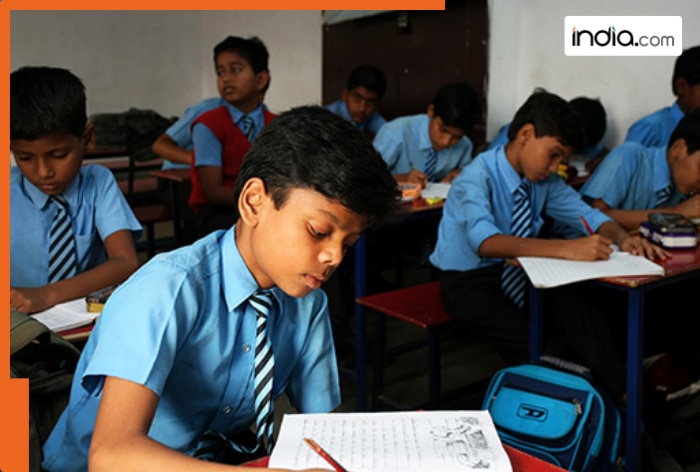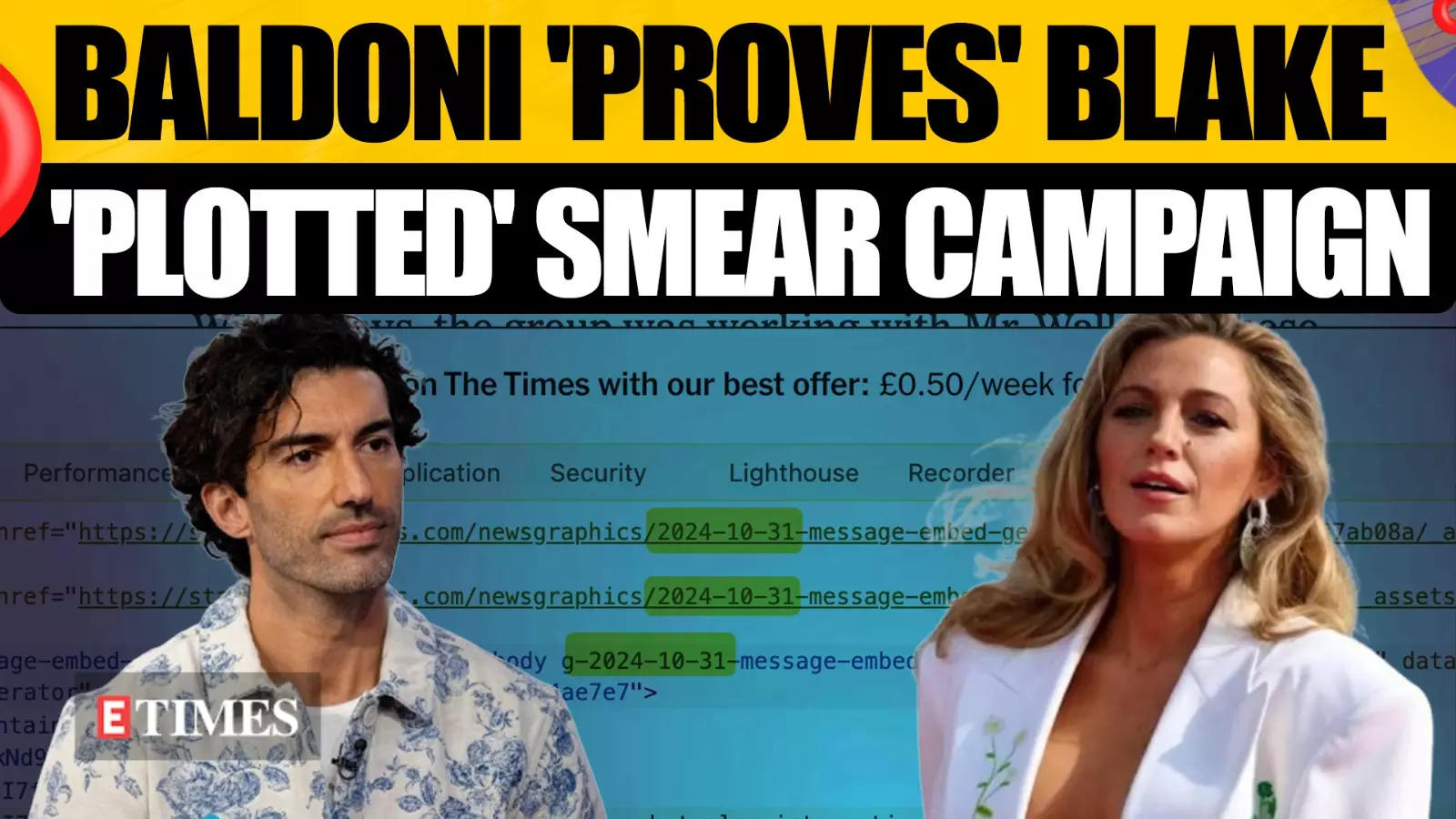Goodbye forever, brat summer. Thanks to you, slime green has joined the viral color pantheon alongside minion yellow and millennial pink. When our fairy bratmother, the pop star Charli XCX, named her sixth album “brat,” she inaugurated a season of performative abandon and luxe, hedonistic trashiness. “Seeming a little immature, a little selfish, a little nasty, has taken on an air of glamor,” the critic Spencer Kornhaber observed in June. Charli XCX characterized the vibe as “a pack of cigs, a Bic lighter, and a strappy white top with no bra.”
In literature, the brat spirit still courses through new works by the Zoomer and young millennial writers Gabriel Smith, Frankie Barnet, and Honor Levy. Smith and Levy, both of whose protagonists identify as “brats,” are protégés of the downtown New York impresario Giancarlo DiTrapano, whose imprint, Tyrant Press, originally acquired their respective débuts, “Brat,” and “My First Book.” Barnet—at thirty-four, the oldest of the three—lives in Montreal and shares Smith and Levy’s interest in sad, extremely online twentysomethings. The books share gonzo premises, bizarre imagery, exuberantly “unlikable” characters, and an eye-rolling contempt for the status quo. Smith’s title character wears vomit-stained tees and jokes about killing his mother; in his Xanny dreams he hangs out with a deer-person wielding rusty shears. “My First Book” is a rainbow grenade of based waifus and raw-milk-chugging looksmaxxers, of parables about cancellation, of seemingly unedited reflections on status, social media, and how “reality is what we make it.” “Mood Swings,” by Barnet, features animal uprisings and venture capitalists investing in time travel. One protagonist “chews with her mouth open and has no ambitions,” while another sets fire to his girlfriend’s apartment so that they can move in together—details that do nothing to dispel the impression that, somewhere in brat-lit headquarters, gleeful scientists are growing terrible new types of antihero. The authors can feel like digitally supercharged heirs to the original literary Brat Pack: writers like Jay McInerney, Donna Tartt, Bret Easton Ellis, and Tama Janowitz, who wrote jittery, minimalistic prose full of glamour and anomie. Here, though, there’s an even stronger implication that all of the characters exist in a place where identity has come unmoored, where everything is performance. One might be tempted to call this place the Internet, but, more accurately it’s the lifeworld that the Internet has created and is a part of.
Levy is a twenty-six-year-old literary personality in the micro-scene known as Dimes Square. (The “brat” track “Mean girls” was reputedly inspired by the Dimes den mother Dasha Nekrasova, who shows up twice in Levy’s collection.) “My First Book,” which combines short, chaotic character studies with dispatches from her lower-Manhattan milieu and meditations on being an Internet native, wants to reproduce the ecstatic, youthful feeling of being swept up by one’s time and place, selected for a particular era in history. Levy’s strength is her style: energetic, funny, with a forlorn sweetness and innocence. It feels like the Web, not only because of its generous helping of contemporary slang (Levy includes a whole Zoomer glossary, with entries like “UwU,” “Nerf,” and “Ketamine”) but also because it pulls in material with no regard to context: the lovers Pyramus and Thisbe sit alongside Bella and Edward, from “Twilight.” The stories revel in incongruity. Visiting Ground Zero, a young woman happily observes that “the mirrors of the gift shop there were skinny mirrors.”
For the most part, Levy’s absurdism remains rooted in vulnerability. (I’m partial to the lament of one character, who “feels like Ronan Farrow is the only person who could really understand him.”) There’s a sense of trying to build an identity from pop signifiers but also of trying to get out ahead of the criticism that no one should do this—a splash, too, of making fun of the signifiers, in case they fall out of style by the time the book goes to print. For one narrator, “every day is an espresso martini and the whole world is Lucien.” Of another character, Levy writes: “All he does is listen to ‘Disturbia’ by Rihanna and think about Steve Bannon.”
“Mood Swings”—a novel rather than a story collection—has a similar scavenging quality, as if it were snatching proper nouns from a Twitter feed. Its overgrown adolescents banter about “Hunter Biden’s rising sign” and know people who know someone “who’d had a threesome with Grimes.” Like Levy, Barnet can be extremely funny, but her book is more pointed; it swaps Levy’s fizziness for a slouch, a smirk. Despite the title, Barnet doesn’t convey the swing and rush of the present so much as its inanity. She’s a devastating parodist, as in this excerpt from one character’s Instagram poetry:
Although both books unfold in a mode that hopes to preserve the possibility of being read as satire, the mockery in “Mood Swings” contains more acid. In Levy’s stories, restaurants, brands, campaign strategists, and pop stars are divorced from any sort of stable meaning and collapsed together in a whirl of gleeful stimulation. There’s an element of social signalling to the references—Levy is obsessed with cataloguing trends and in-jokes—but she appears to be clowning on the world and herself in equal measure. Barnet’s humor, by contrast, has a passive-aggressive air, as if she were trying to draw attention to the unseriousness of the world she’s inherited. She seems to want to explore the psychological costs of marinating in digital ephemera, and even to argue that a society that forces people to encounter the words “Hunter Biden’s rising sign” deserves what it gets, brattiness-wise. But she doesn’t unpack her ideas any more than Levy does; her jokes, sharp observations, and imaginative set pieces form a grab bag of contemporary vibes, preserving and elevating fragments at the expense of plot or interiority.
The most accomplished of the three books, “Brat” is also the most traditional: a raw, delicate tale about grief and growing up, in which the protagonist’s brattiness is mostly window dressing. A young novelist named Gabe is mourning the death of his father. He acts out by cursing a lot, getting into fights, and vigilantly maintaining a high blood-alcohol level. When Gabe moves back into his childhood home, the book sheds its realist skin, flirting with body horror and gothic tropes of madness. He discovers his parents’ unfinished papers, including his dad’s abandoned screenplay and his mother’s book manuscript. Meanwhile, the house is disintegrating. Sheets of epidermis peel from Gabe’s hands and chest. The typed pages of his mom’s project scatter in the yard.
The publicity campaign for “Brat” leans heavily on the promise of its author’s transgressiveness. In one promotional e-mail, Smith is quoted issuing marching orders for the contemporary novel. Fiction should “get right in your face and lick it,” he says. It should “fight like animals cornered”; it should “kill the boring now and dance all sexy till polluted dawn.” But “Brat” does not lick your face. If anything, it offers a polite paw. By the end of the book, the family has grown closer; Gabe has processed his pain. The molting and visions have been recast as normal developmental processes. The result is a novel about the power and mutability of family lore, written in a tenderpunk style that conceals its sentimentality behind an appealing coat of sarcasm. Rather than pushing boundaries, “Brat” synthesizes popular forms and tropes—Künstlerroman, mystery, the likably flawed narrator—to obtain the approval of its readers.
When Charli XCX tweeted that “kamala IS brat,” she indelibly yoked the term to the Democratic Presidential candidate. But the literary brats don’t celebrate liberals; they bait them, particularly millennial liberals who love Beyoncé and “Girls” and “Hamilton.” Smith’s protagonist calls women bitches to their faces and uses “gay” as an insult. Levy’s characters throw around the word “retarded.” In a subplot about a musician who has been cancelled for punching the teen-ager he was dating, Barnet mocks liberal piety: “Did canceled people even care about animals? Did they hope and fear the way people like her did? When they slept, were they still canceled in their dreams?”
“Mood Swings,” the most politically engaged of the three books, follows a pair of disaffected roommates, Jenlena and Daphne, whose lives are shaped by evil financiers, economic exploitation, and the devastation of the natural world. Yet Barnet is skeptical of activism, depicting environmentalists as posers and lambasting the feminist movement. (One woman keeps an emotional-support plant that she claims shrivels in the presence of men on account of past trauma.) Some of the book’s most ardent passages concern Jenlena’s refusal to give up on men, even if misandry is in vogue. “No internet think piece could keep her from loving the softness in their faces and the way their voices changed when they’d chosen you,” Barnet writes.
Levy, too, often casts her narrators as rare fonts of himpathy in a society that holds men in suspicion. “I don’t mind what a lot of people call mansplaining,” one of them coos. “The idea that anyone, no matter their gender identity, takes the time out of their day to look at me and talk to me and try to teach me something means so much.” In the story “Cancel Me,” a young woman complains that her friends, Jack and Roger, have been wrongly shunned for misogyny. She’s angry at Piggy, a sanctimonious creep, “fat from Abilify,” who won’t invite Jack or Roger to his party. She’s angry at the reader, whom she defensively imagines giving her “that look, that woman-to-woman thing, that strong, knowing wide-eyed look of MSNBC solidarity, that nod and tight-lipped smile.” At one point, the narrator attributes some of her ire to the fact that “Piggy is like Jack and Jack is like Roger and Roger is like Piggy and boys will be boys and I will never be a boy.” But the story, brushing away this acknowledgment of sexism, ends in a confused heap.

.JPG)





